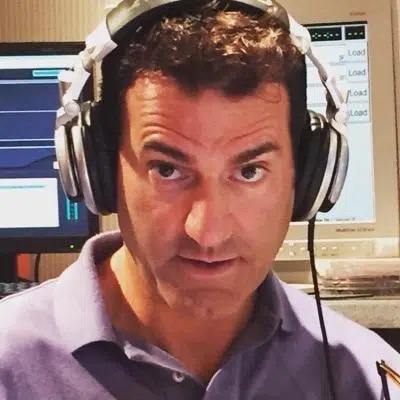By Patricia Zengerle
WASHINGTON (Reuters) – A last-ditch weekend spending agreement avoided a U.S. government shutdown but left pro-Ukraine officials in Washington scrambling on Monday to determine the best path forward for securing approval for billions more assistance for Kyiv.
Leaders in the Senate, which is narrowly controlled by President Joe Biden’s fellow Democrats, promised to take up legislation in the coming weeks to ensure continued U.S. security and economic support for Ukraine.
But in the Republican-led House of Representatives, Speaker Kevin McCarthy said he wanted more information from the Biden administration, and a Republican pushing for his removal as speaker accused McCarthy of cutting “a secret deal” with Biden to allow the House to vote on a bill.
Washington has sent the Kyiv government $113 billion in security, economic, and humanitarian aid since Russia invaded in February 2022. President Joe Biden asked Congress in July to approve another $24 billion related to Ukraine, which Ukraine supporters – Republicans as well as Democrats – had hoped could become law as part of a spending bill.
A U.S. official said that, as of Monday, the Defense Department had $1.6 billion left to replace weapons sent to Ukraine, no funds left under the Ukraine Security Assistance Initiative (USAI), and $5.4 billion worth of Presidential Drawdown Authority.
Congress passed a stopgap funding bill late on Saturday after McCarthy backed down from a demand by his party’s hardliners for steep cuts in domestic aid programs. But he, and some other Republicans in both the House and Senate, refused to include more aid for Ukraine in the measure.
REPUBLICAN ANTI-UKRAINE DRUMBEAT CONTINUES
Opponents of Ukraine aid, many of whom are close allies of former Republican President Donald Trump as he seeks re-election to the White House next year, kept up their drumbeat against assistance for Kyiv on Monday.
Republican Representative Matt Gaetz, who said he would try this week to remove McCarthy as speaker, accused McCarthy on Monday of reaching a “secret deal” with Biden for Ukraine aide, amid reports that McCarthy had agreed to allow a House vote on assistance for Kyiv after the spending bill passed.
McCarthy later denied it. He called on the administration to arrange a briefing for House members about the path it sees to reach an end to the conflict.
“Our members have a lot of questions, especially on the accountability provisions of what we want to see with the money that gets sent,” he told reporters.
On CBS News’ “Face The Nation,” Republican Lindsey Graham said, “To those who say, ‘we need to help Ukraine,’ you’re right. To those who say, ‘we need to do the border, not Ukraine,’ you’re wrong.”
Graham said the Senate will have a “strong” border security measure, but also pushed for $60 or $70 billion in Ukraine funding for the next year, according to the Hill.
White House spokesperson Karine Jean-Pierre urged Congress to move quickly. “They don’t have to wait 45 days to get this done,” she told a daily press briefing, where she also expressed confidence the assistance would continue.
“If (Russian President Vladimir) Putin thinks he can outlast us, he’s wrong. We’ll have another package of aid soon to signal our support for the brave people of Ukraine,” Jean-Pierre said.
Department of Defense Comptroller Michael McCord sent a letter to McCarthy saying the Pentagon had already had to slow down resupplies for some troops.
“Today, DoD has exhausted nearly all available security assistance funding for Ukraine,” McCord wrote in the letter, dated Sept. 29 and expressing concern that the stopgap spending bill did not include security assistance for Ukraine.
And to show the impact on U.S. congressional districts, McCord’s letter called out how U.S. funds increase jobs and production in Tucson, Arizona, where RTX Corp has facilities, and Lockheed Martin’s Camden, Arkansas, facilities where GMLRS missiles and Patriot interceptors are made.
Ukraine’s Foreign Minister Dmytro Kuleba said Kyiv was in talks with Republicans and Democrats in Congress, and that the drama around the stopgap bill was an “incident” rather than something systemic.
(Reporting by Patricia Zengerle; Additional reporting by Mike Stone, Moira Warburton, Makini Brice and Steve Holland; Editing by Don Durfee and Alison Williams)




